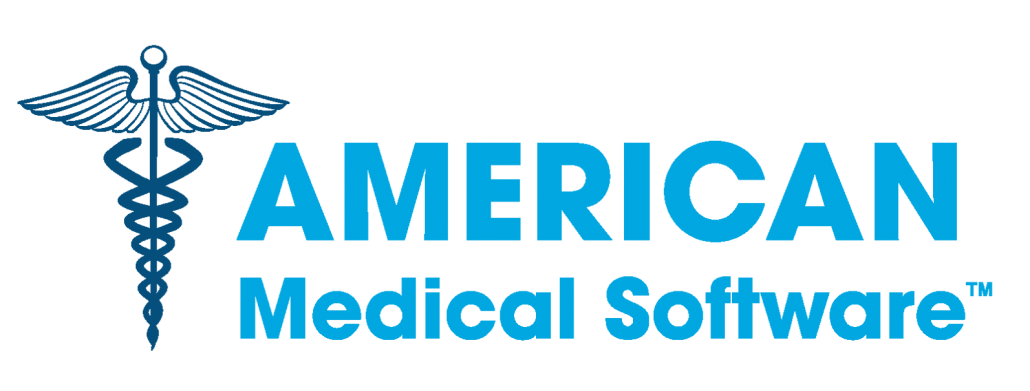Electronic Records Enhance Care Transitions for Elderly
Implementation of electronic health care record systems is likely to enhance communication and patient care during care transitions, particularly for older patients, according to a study published in the October issue of the AORN Journal.
MONDAY, Oct. 10 (HealthDay News) — Implementation of electronic health care record (EHR) systems is likely to enhance communication and patient care during care transitions, particularly for older patients, according to a study published in the October issue of the AORN Journal.
Joan M. Nelson, D.N.P., R.N., and Jane M. Carrington, Ph.D., R.N., from the University of Colorado College of Nursing in Aurora, investigated the initiatives which have been implemented to create ideal care transitions and how to apply these to elderly patient care and ambulatory surgical centers (ASCs).
The investigators found that, to maximize patient safety, it is important to accurately and completely transfer information between care settings. Protocols for transition to, within, and from the ASC should be developed by individual ASCs. Evidence-based tools and checklists can facilitate development of these protocols. In order to ensure adequate quality of care, complete information exchange with the primary care provider should occur as the patient transitions to and from each setting. Tools that can assist with this include situation, background, assessment, and recommendation forms; medication reconciliation forms; and forms that encourage patient self-management of health care information.  Use of the EHR as a communication system results in fewer errors, and ensures efficient information retrieval. To ensure efficient communication, the EHR should contain health information data, order entry capabilities, test results, and data support.
Use of the EHR as a communication system results in fewer errors, and ensures efficient information retrieval. To ensure efficient communication, the EHR should contain health information data, order entry capabilities, test results, and data support.
“We recommend the use of communication tools and the electronic health care record across all phases of patient care to support effective communication and increase safety for all patients, especially older, medically vulnerable patients,” the authors write.
Source: www.doctorslounge.com




Leave a Reply
Want to join the discussion?Feel free to contribute!